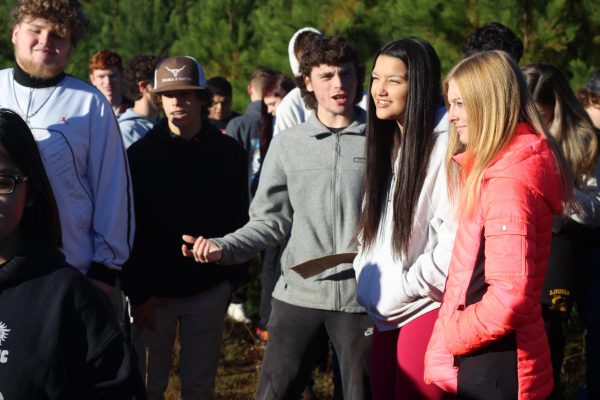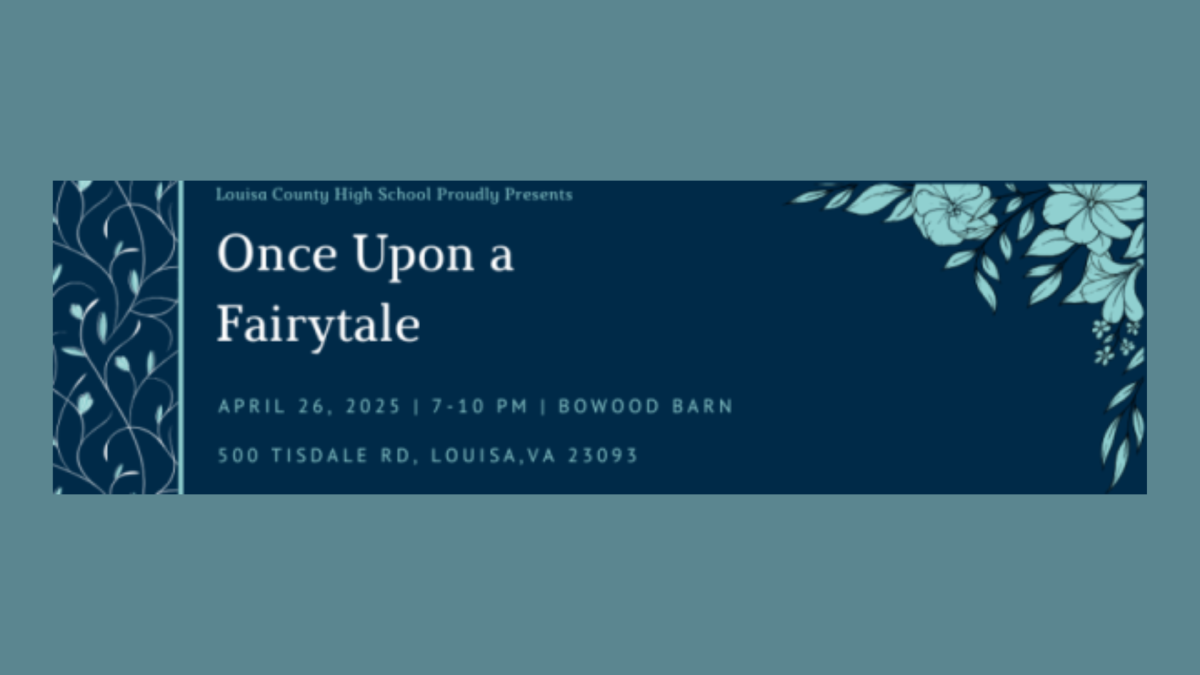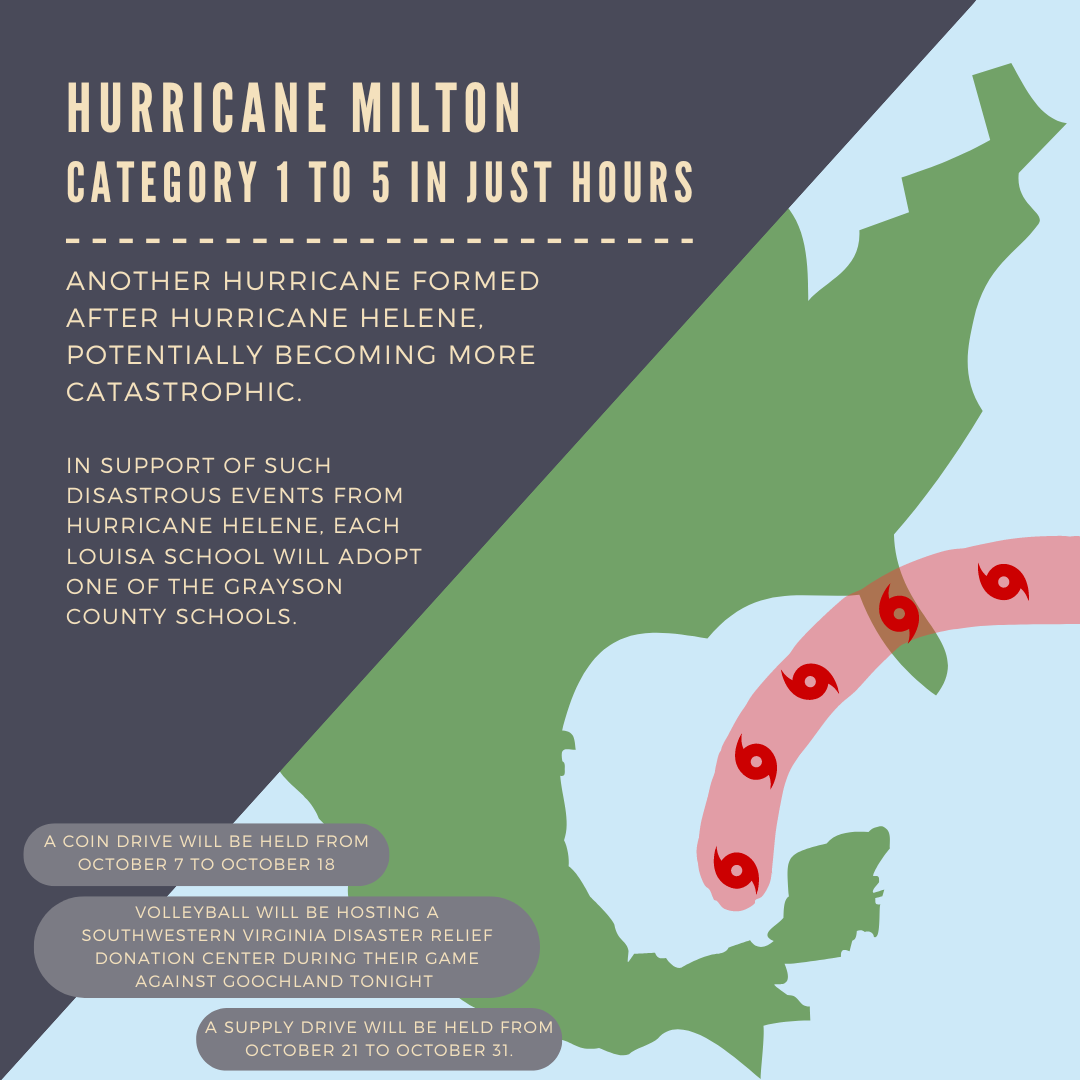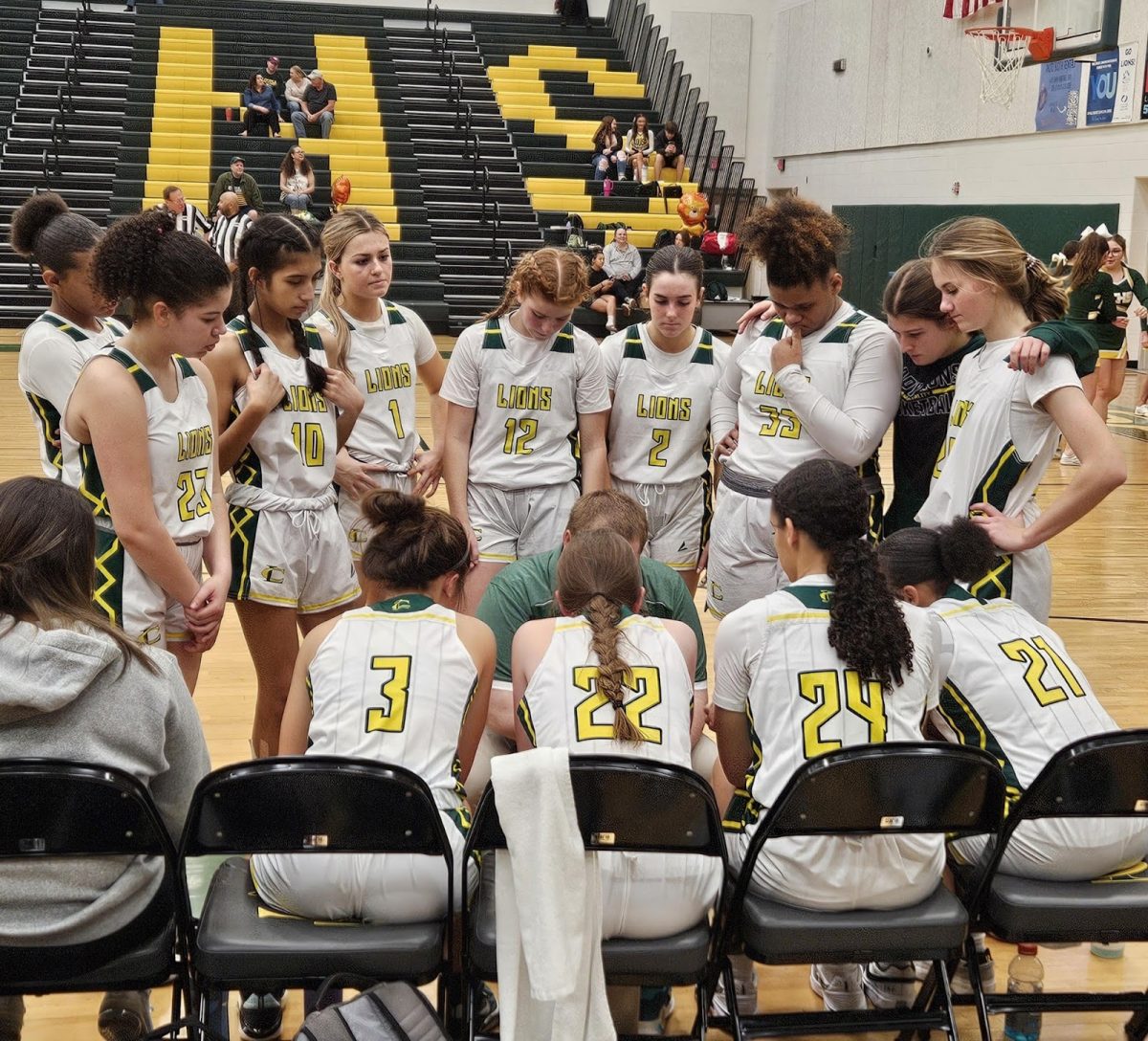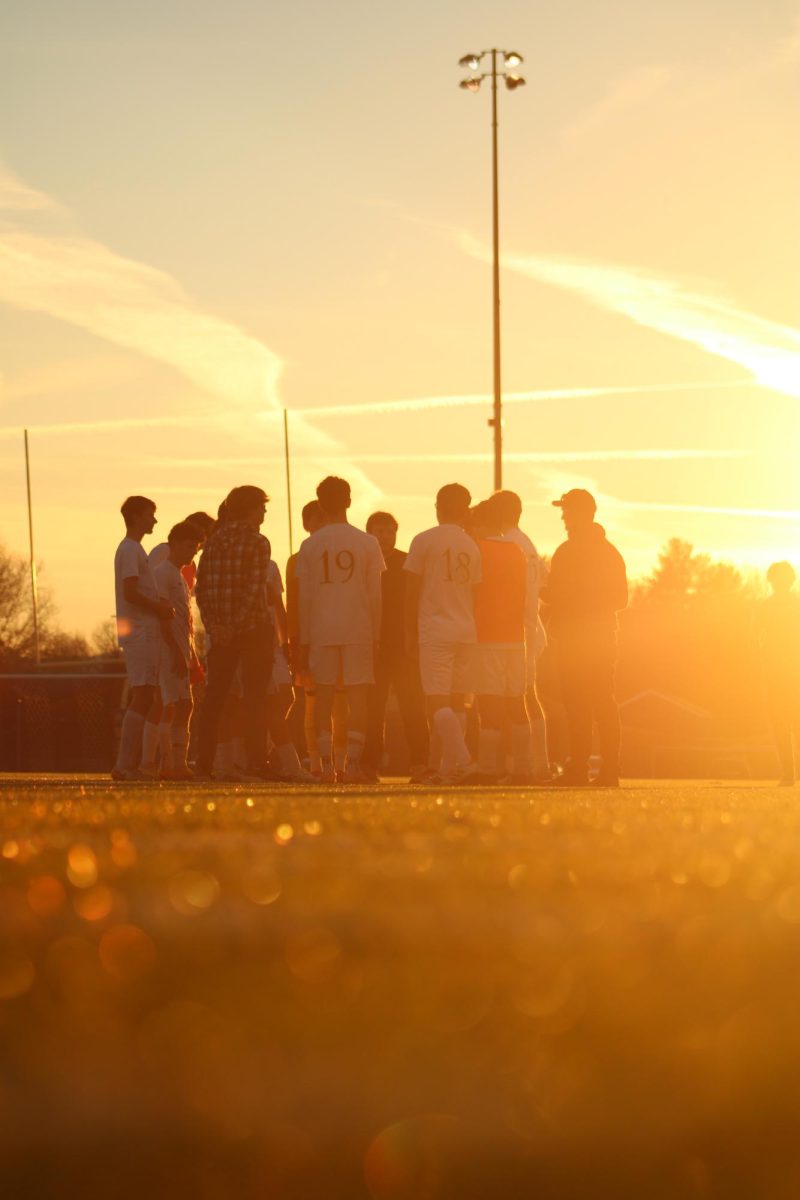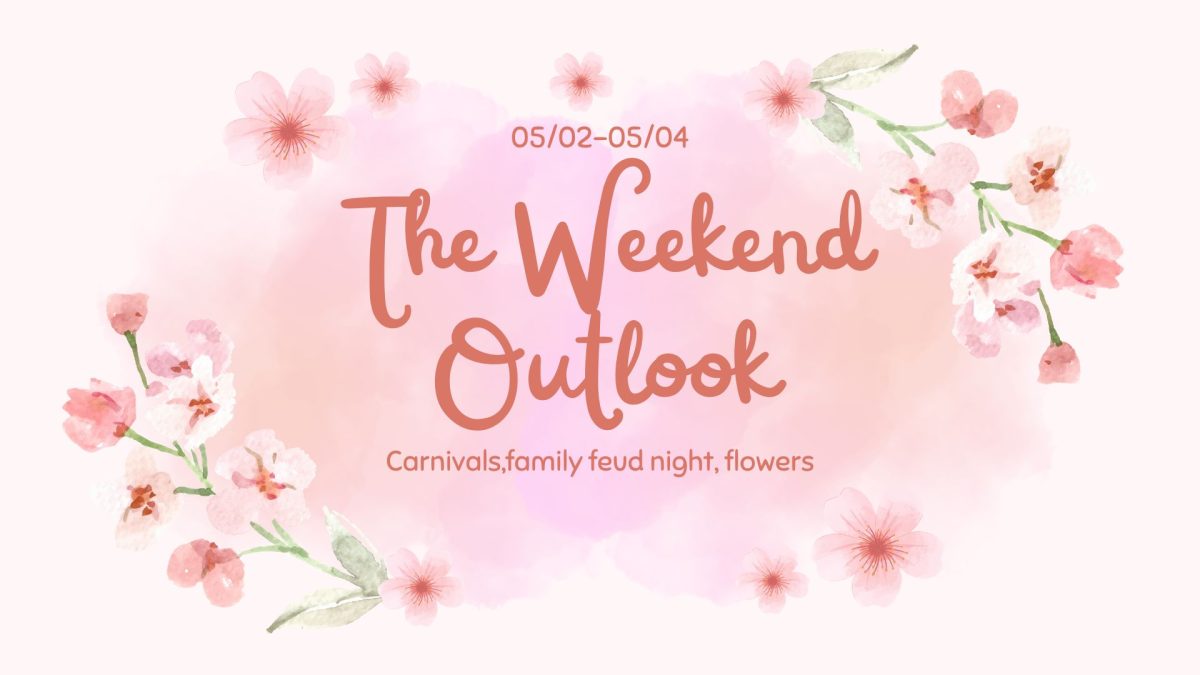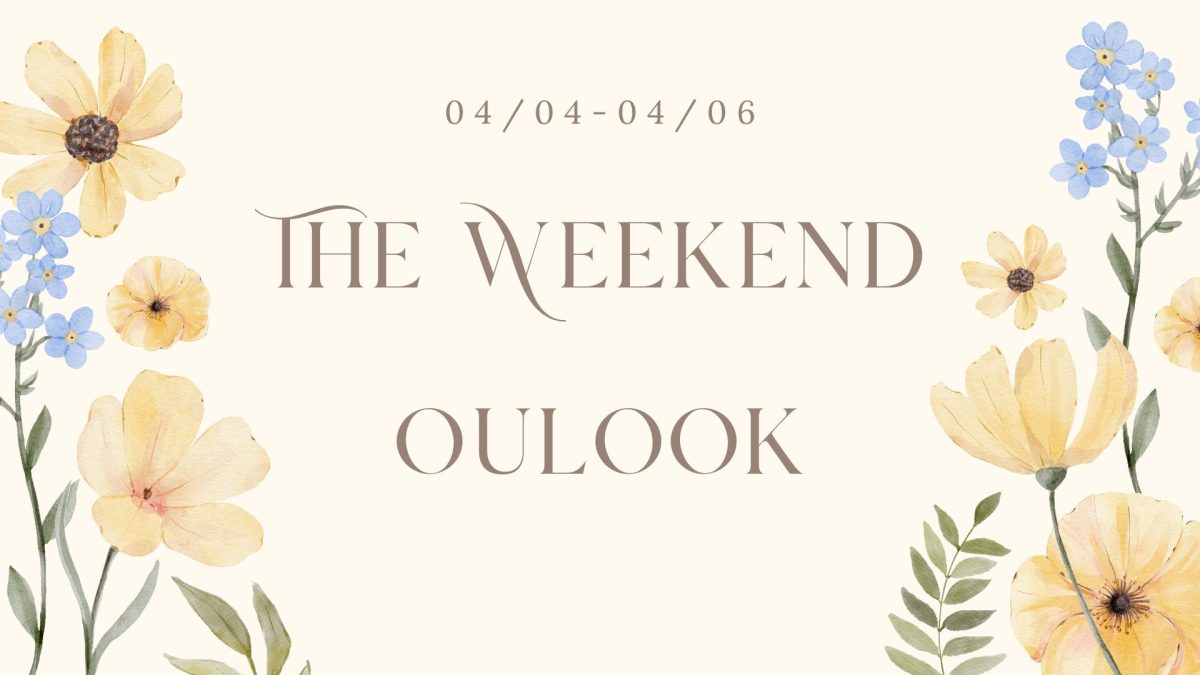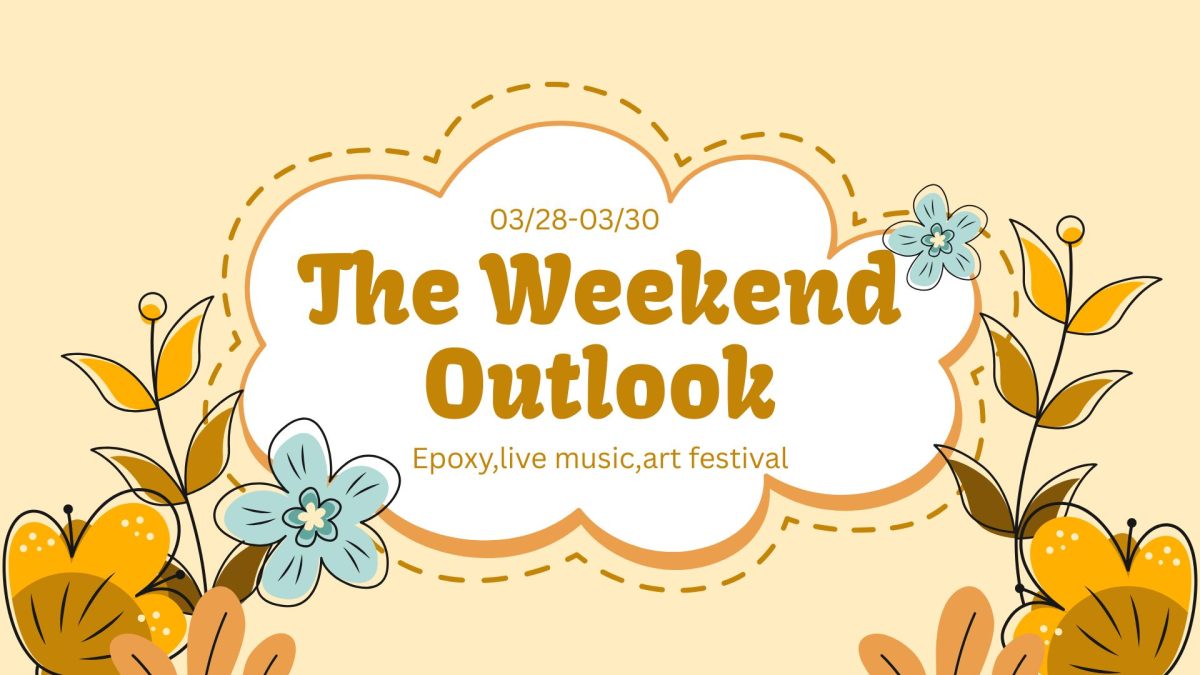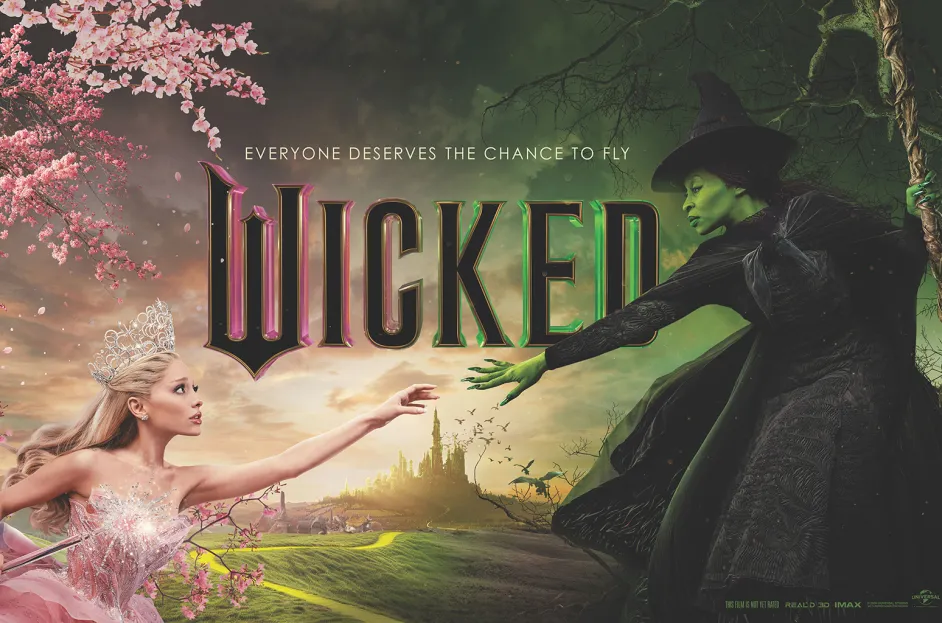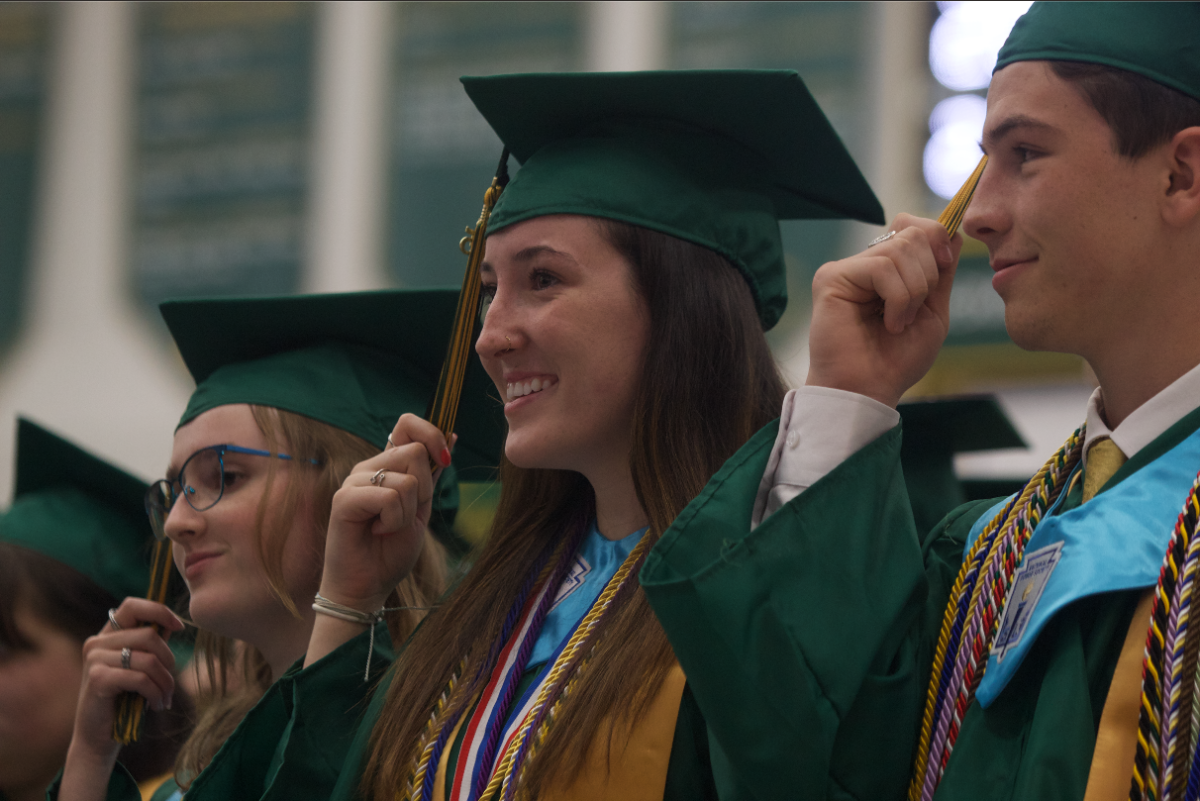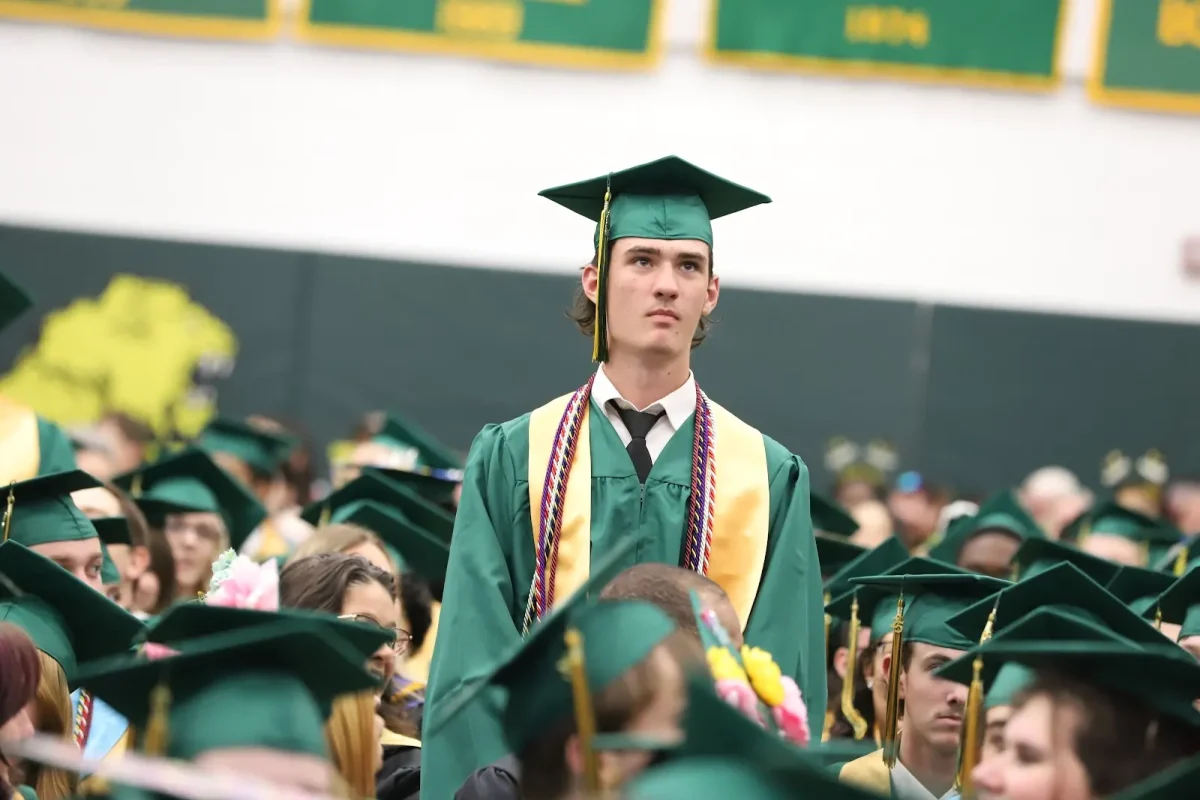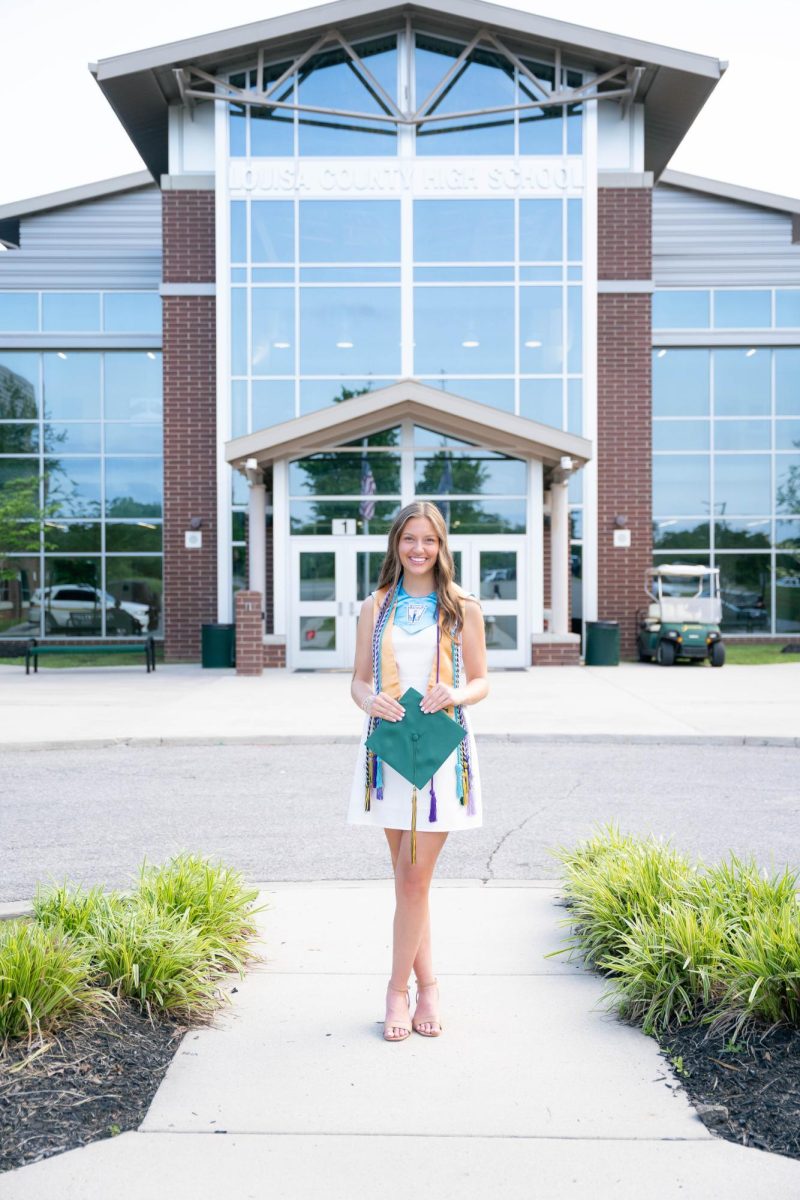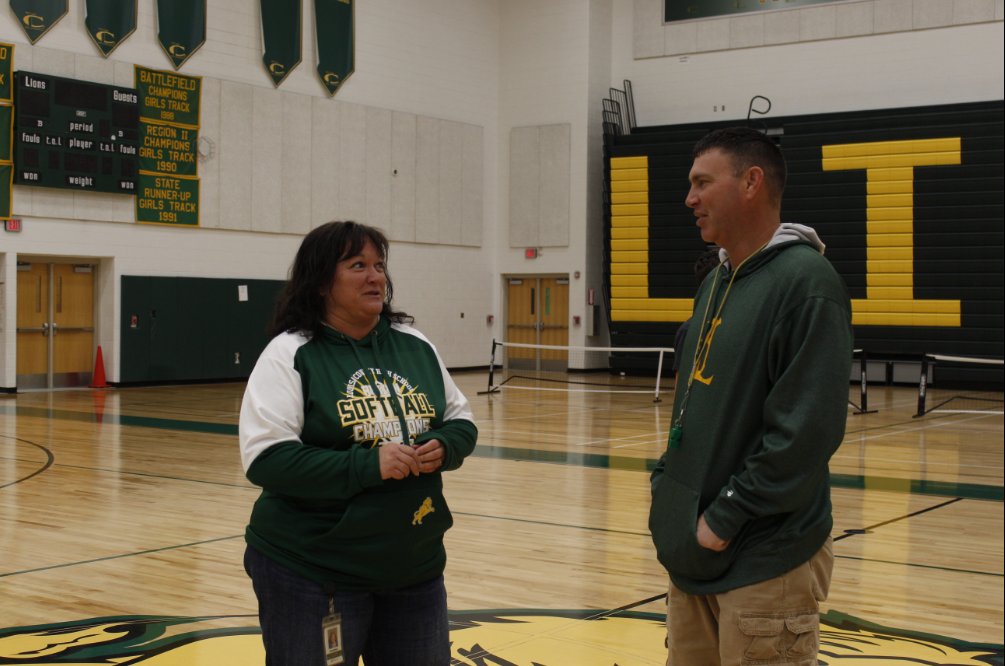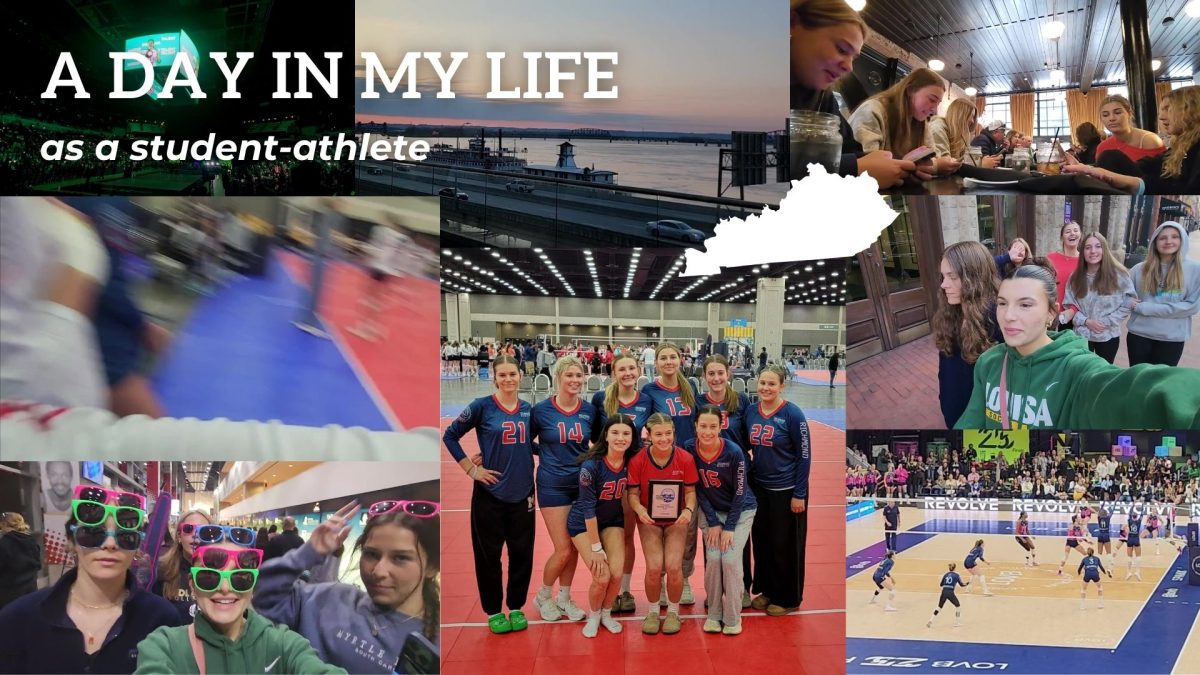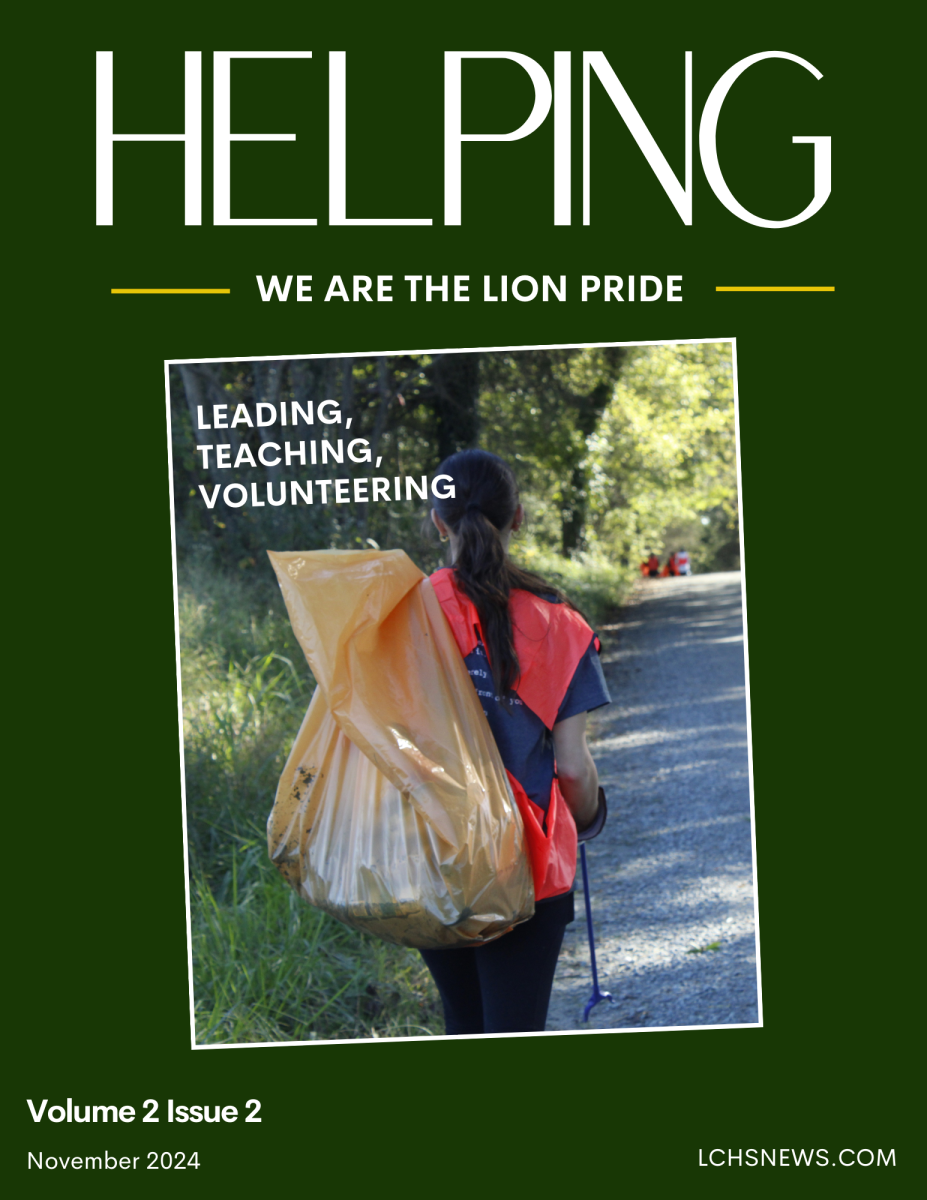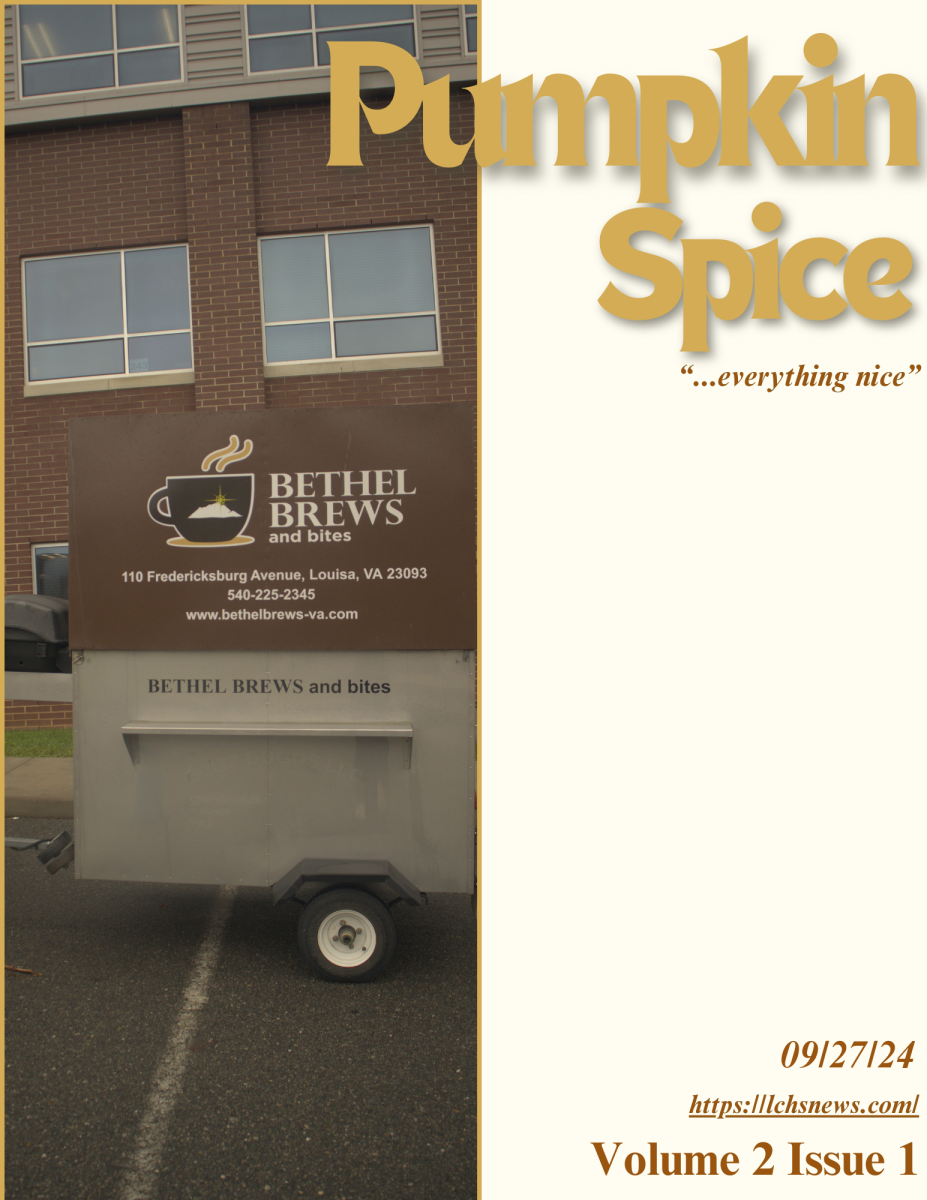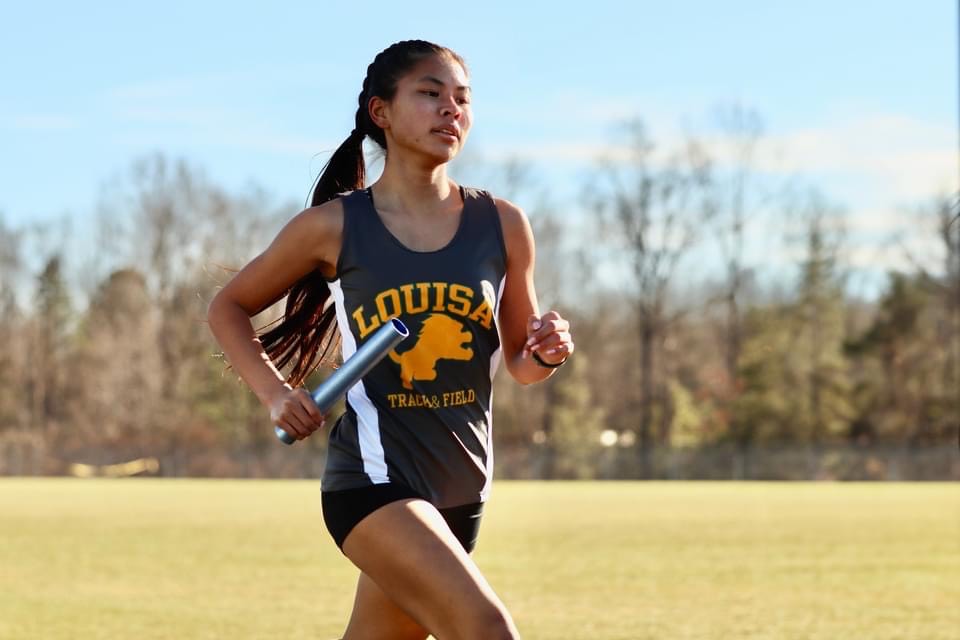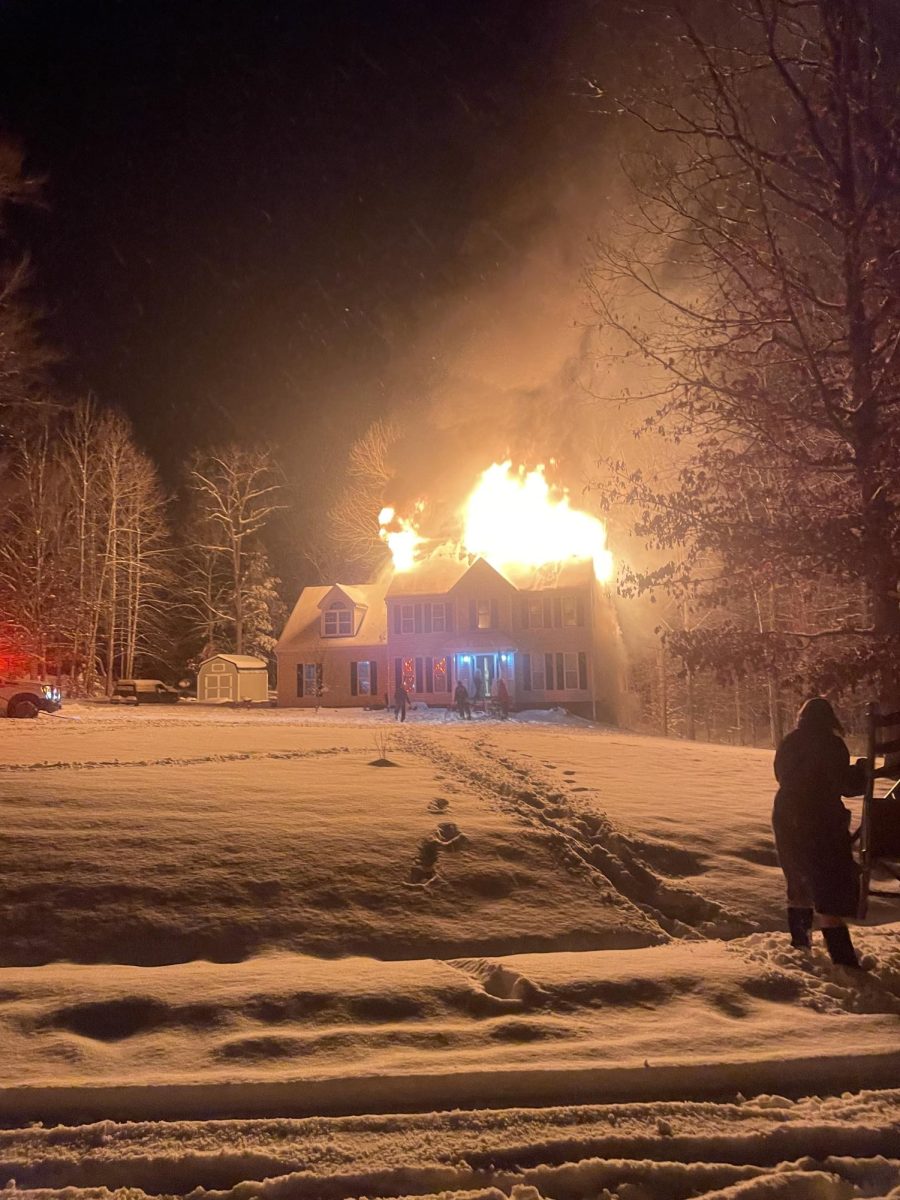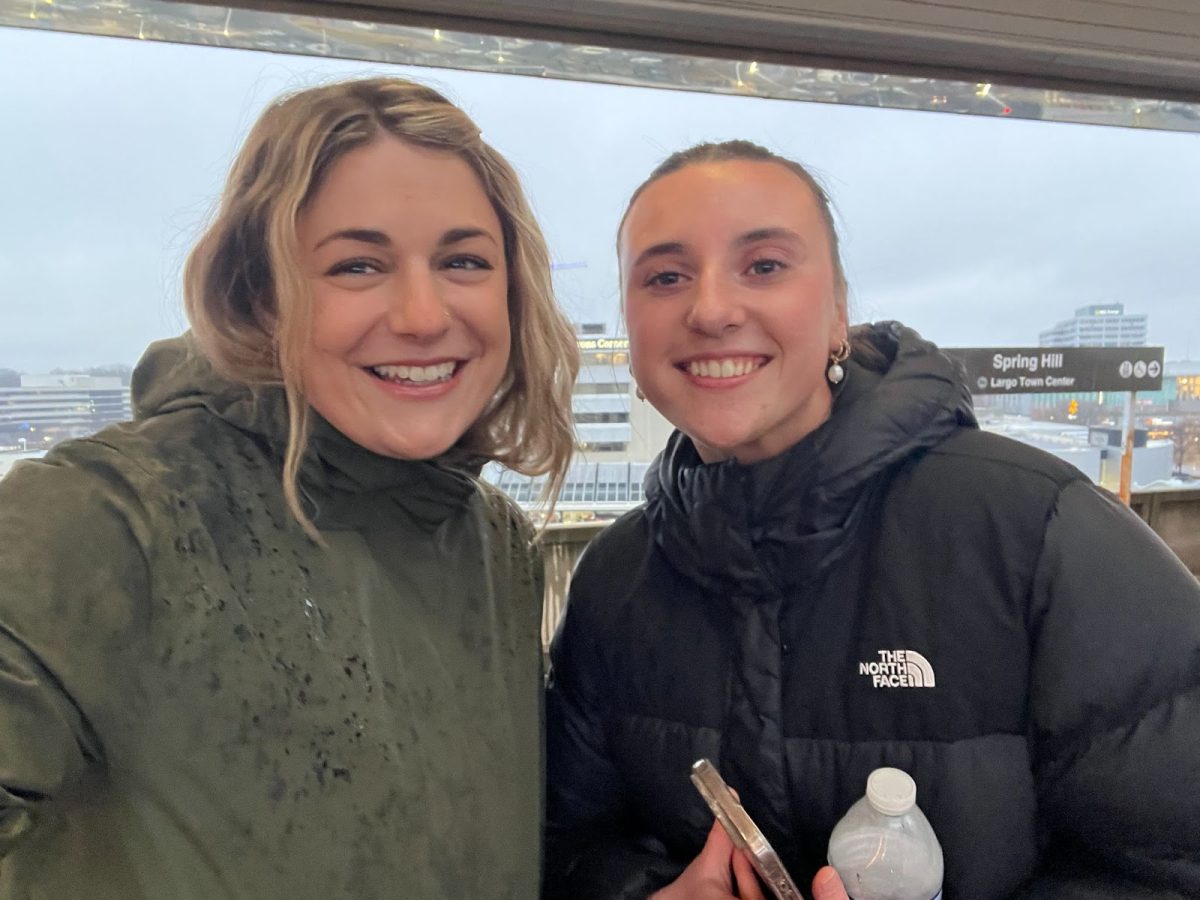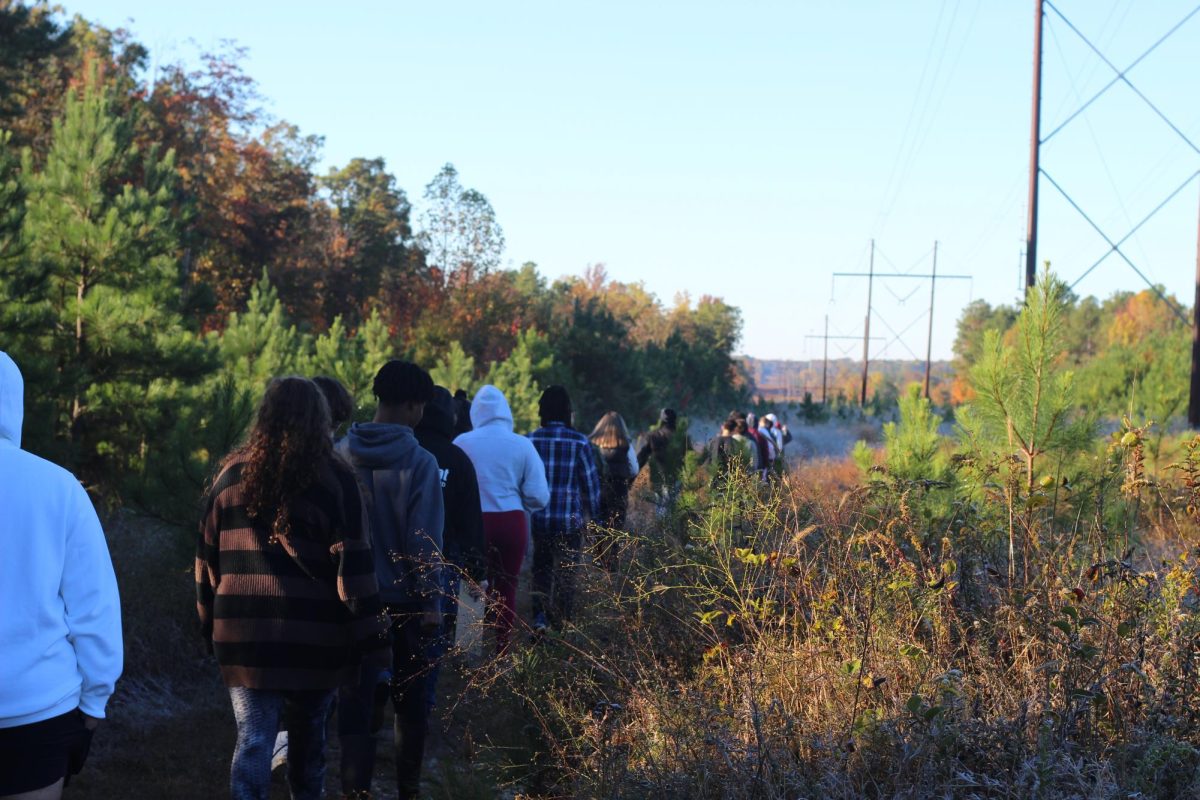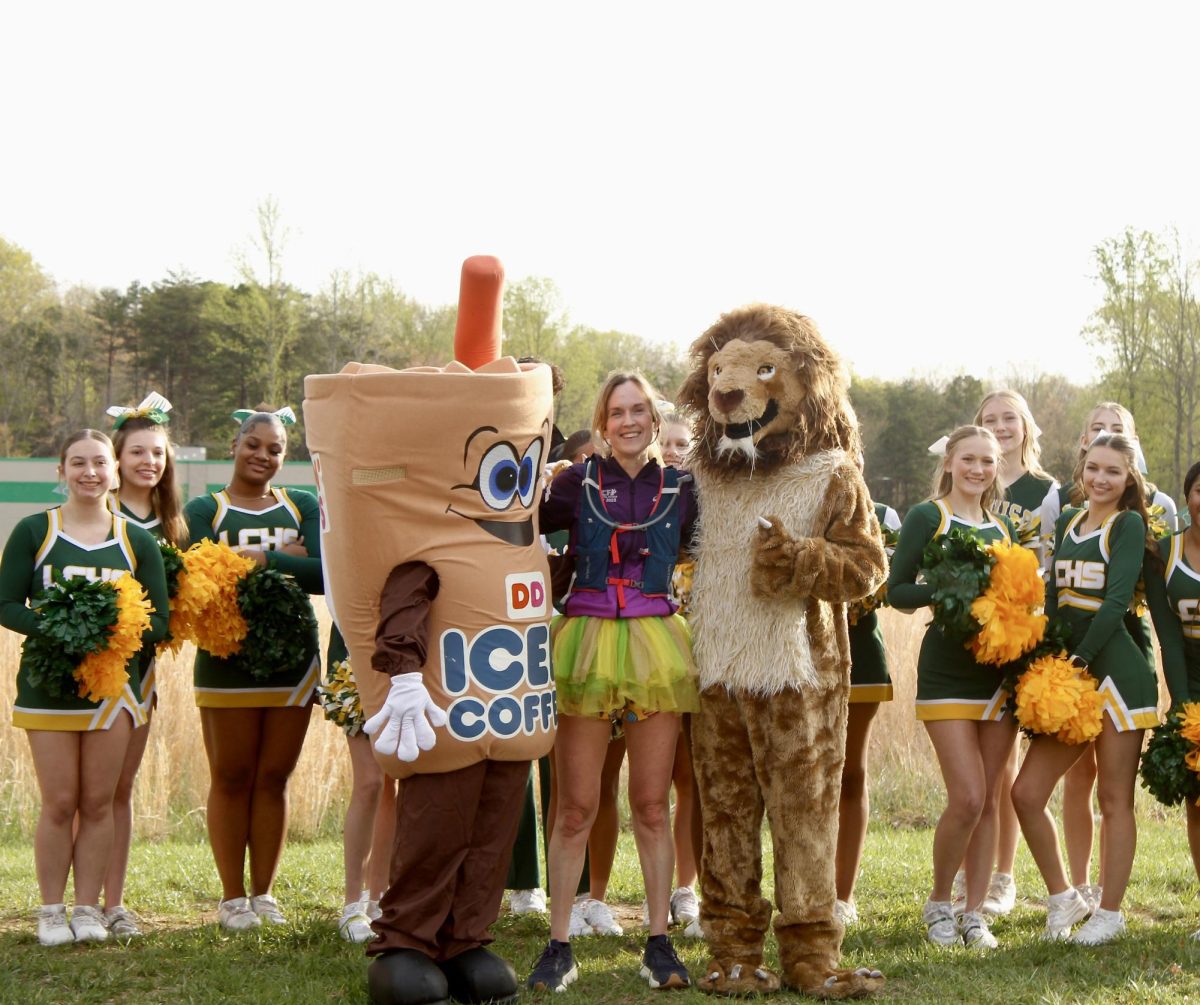Isaac Matlock, the Native Seed Project Coordinator for The Clifton Institute, led a collaborative project between Shannon King and Tammy Harris’s collaborative ecology class, and Kathy Richardson’s AP biology class. The two classes collected seeds from a plant native to Virginia: The Grass-Leaf Blazing Star.
The classes first began this project in August when The Clifton Institute and the Center for Urban Habitats reached out to Harris, inquiring about a field of native flowers in the area. They then decided to partner with the science classes, bringing this project to life.
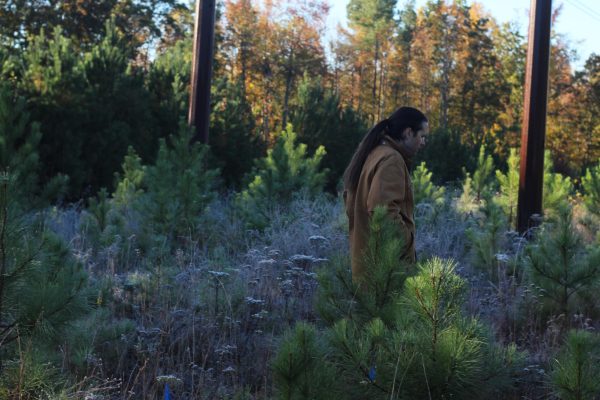
“This project entails two or three different phases,” Matlock said. “To summarize, it’s wild seed collection, propagation of live plugs, and then planting on farms throughout Virginia with the goal of increasing native seeds on the commercialized market [and] providing regionally appropriate material for pollinators throughout Virginia.”
Matlock obseverves that this collection, reproduction, and distribution will help ensure that the Grass-Leaf Blazing Star doesn’t become endangered. Due to urban development throughout the United States, many native species are becoming scarce.

According to the International Journal of Innovative Research in Science, Engineering, and Technology, one of the many causes of this erosion is the decrease of semi-permeable materials within the ground, resulting in an increased amount of runoff.
“The plant requires sunny areas and can withstand rocky or poor soil conditions,” Junior Sage Glass said. “It can also adapt to other environments. We’ve built around a lot of these areas so that has [been the cause of] a lot of native species dying in this area. It also rains a ton, I’m sure ersonion takes out a lot of [the Grass-Leaf Blazing Stars].” Glass Said.

According to the US Forest Service, native plants are crucial as not only are they largely self-sufficient, but also promote biodiversity throughout their ecosystems.
According to ScienceDirect, plants adapt for many of the same reasons that animals do, to become better suited for the environment they live in. Native plants have had longer to evolve and are therefore better equipped for their natural environments than their more recent counterparts.
“Native plants have evolved with other native species in the area, so the plants are adapted to conditions in Virginia.” Richardson said “They’re used to the climate and soils, and they’ve developed natural ressistances to pests. Native pollinators and small herbivores rely on these plants for food. If you have native plants in your native habitats you support the entire ecosystem.”
Besides environmental factors, this project was valuable for the science classes students as well.

Senior Parker Harman is interested in pursuing environmental science through college and was given an opportunity by the Cliftion Institute to interview and participate in a second seed collection. He hopes to intern at the organization.
“I’ve been interested in environmental science since I took biology,” Harman said. “I want to do something within the field, maybe focusing on conservation.”

This project was more than seed collection. Other students have also benefited from this opportunity.
“For a lot of my students, this is just an opportunity to learn more about where they live and to learn hands on and outside, as opposed to watching a video and discussing,” Richardson Said. “It’s a whole different connection when you go outside and do it yourself.”
